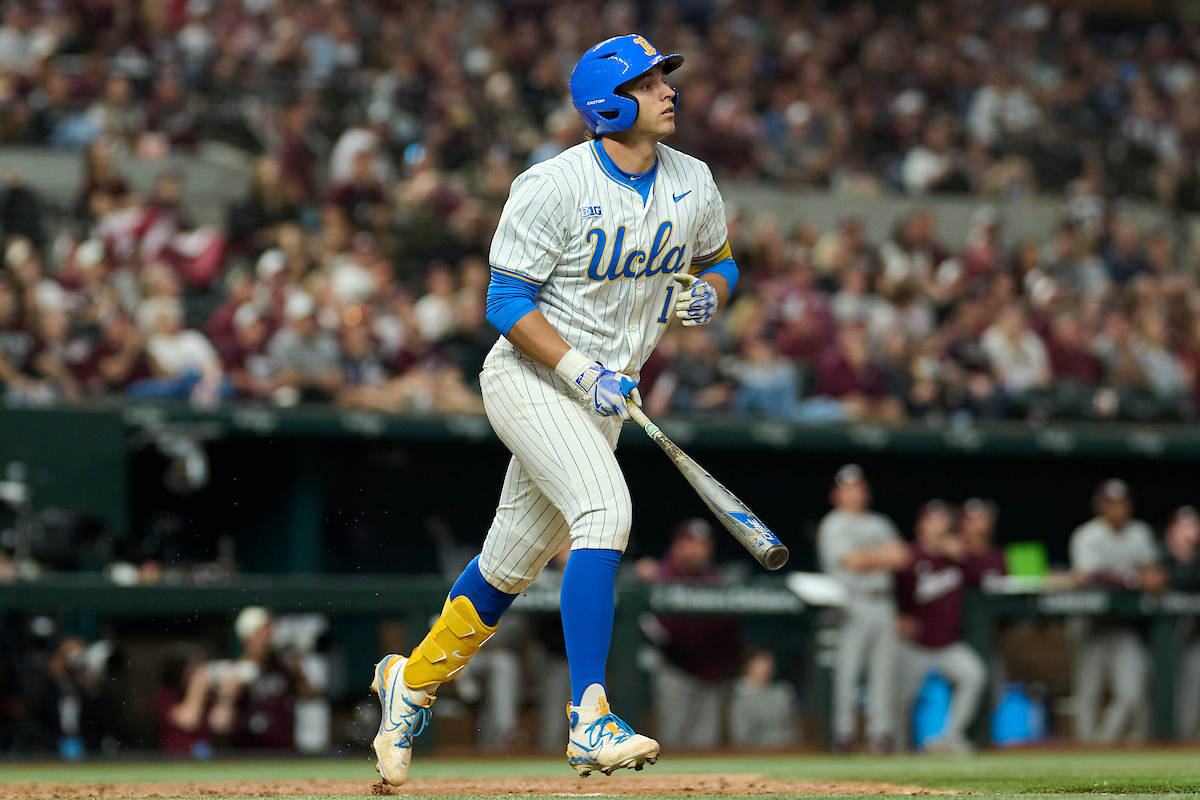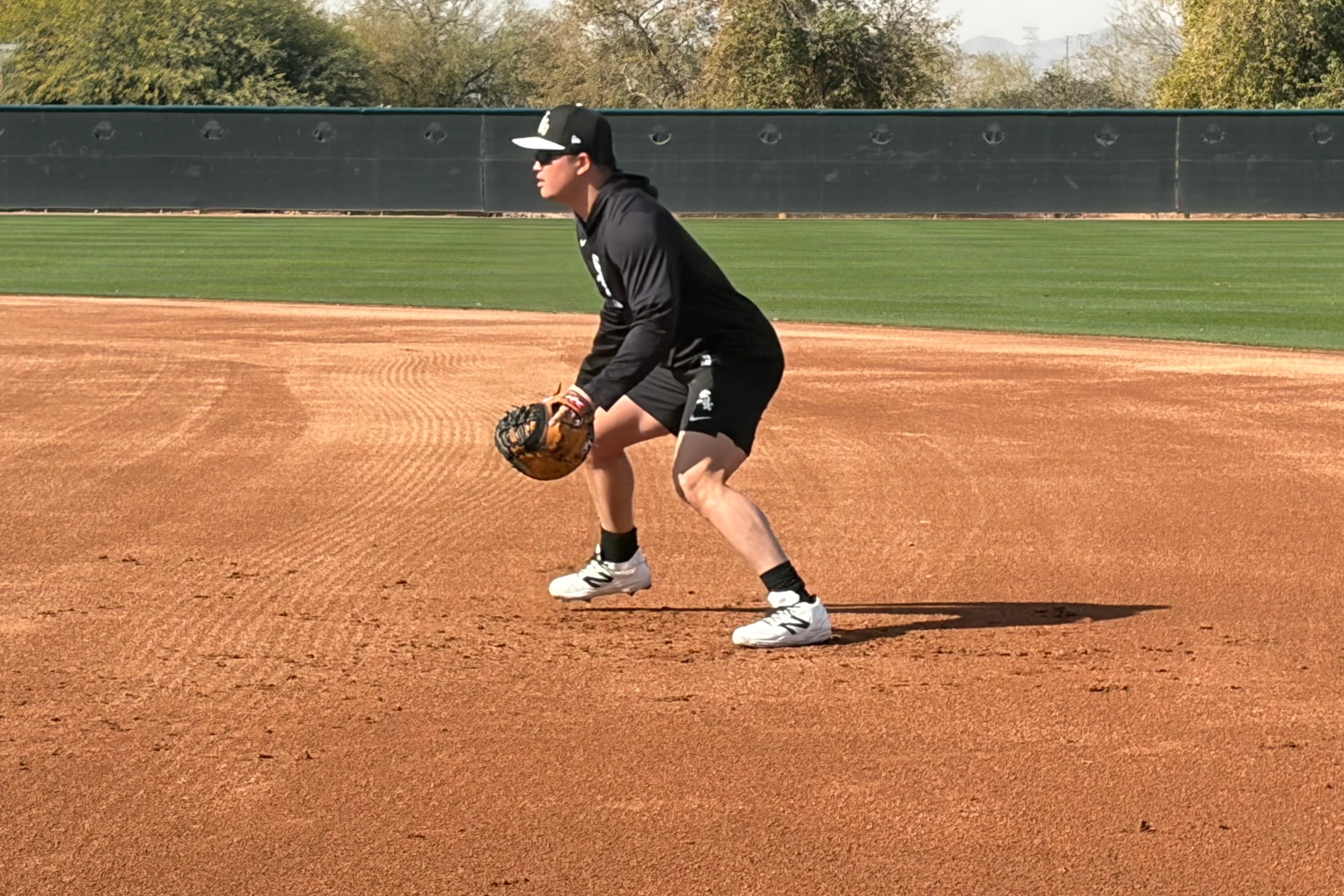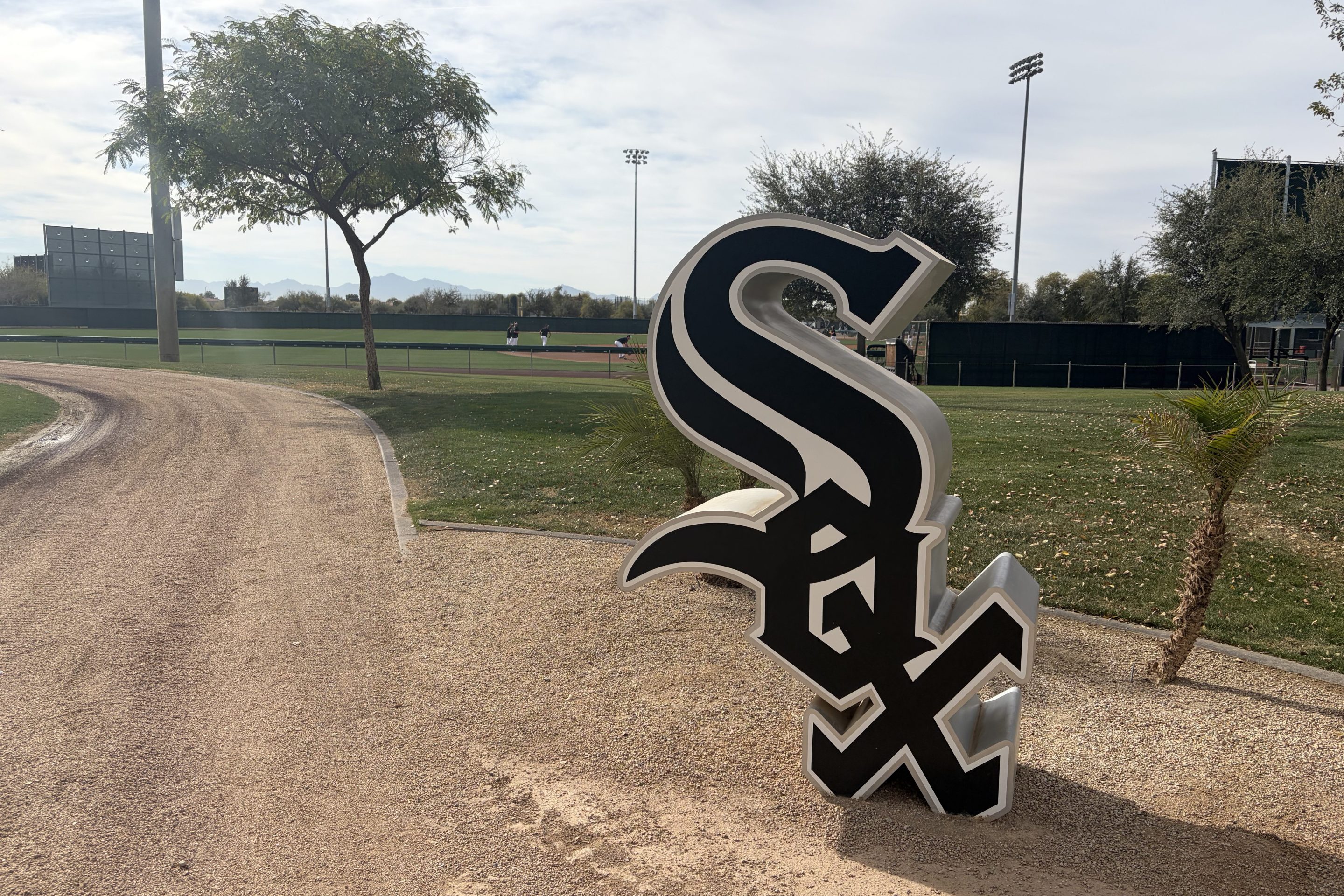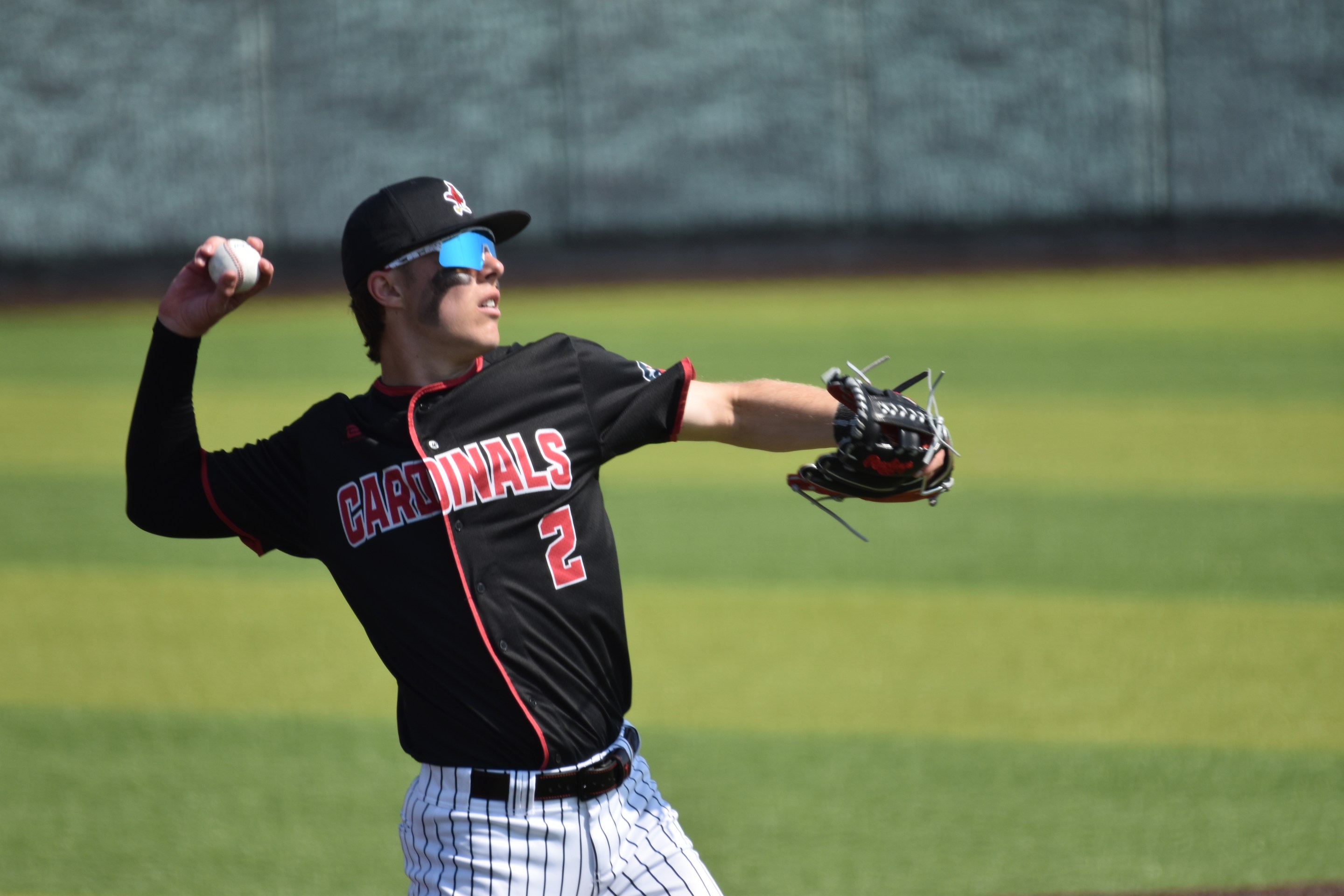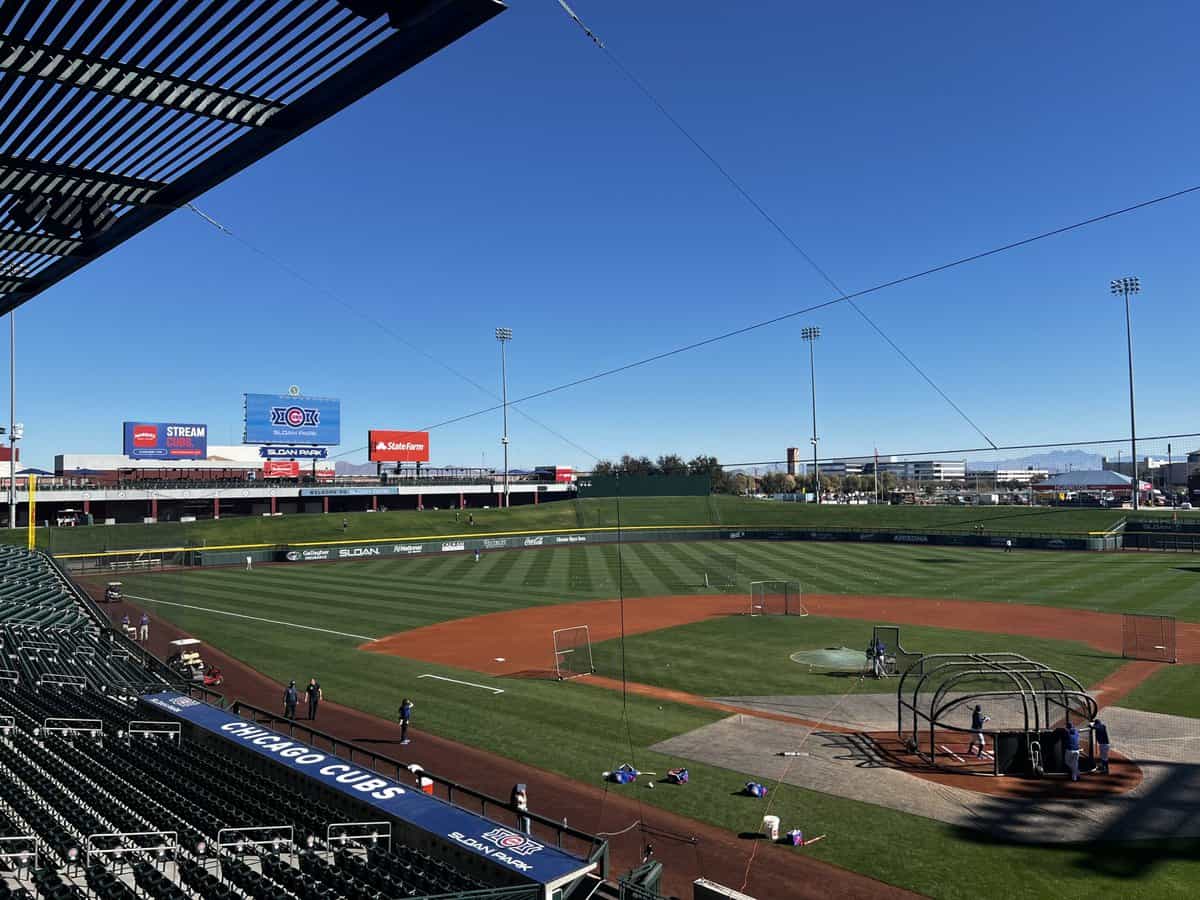Thanks for your questions this week. Here are my attempts at answers.
Andrew W. asks:
What kind of recruiting do we see the White Sox do outside of Cuba and D.R.? Seems like it may be hard to really excel in the D.R., as its crowded by excellent programs like Tampa Bays.
It's pretty much Cuba, the Dominican Republic and Venezuela, with a heavy emphasis on the first. The last time the Sox spent seven figures in a country outside of Cuba was during the 2016-17 signing class with Josue Guerrero, whom the Sox released. The Sox did sign Jerrick Francees out of Aruba, and Benyamin Bailey emerged from Panamanian obscurity to make an early impression, but those are the exceptions.
It makes sense on one hand, because Cuba's pretty much the only place where the Sox have seen any kind of return. The lack of meaningful activity elsewhere is difficult to parse. If the Sox don't compete financially in the Dominican because Paddy doesn't deliver there, the Sox aren't saying. If Cuba is the only place Paddy can sell Jerry Reinsdorf on because of the undeniable results, Paddy's not saying.
Asinwreck asks:
If you could secure an interview with White Sox trainer Brian Ball, what questions would you ask him about his job heading into the second season affected by the pandemic?
I can't tell if the league's desire to start the season after players are vaccinated assumes that players will take the vaccine when it's their turn, or whether any agreement makes it or will make it mandatory. If it's not mandatory, that's where I'd start, asking what the Sox are doing to encourage getting their players inoculated.
Otherwise, the NBA article you linked to in the comments the other day is the other natural discussion. The NBA's having a lot more problems outside the bubble, and I have a sense baseball could experience the same, at least during spring training. The Sox weren't alone in experiencing injuries out of the gate, especially for pitchers. Did they learn anything from that? Can anything be learned when there are all these other protocols to adhere to?
Andrew S. asks:
Was there much evidence of home field advantage in a season played before empty stands?
After the first few weeks saw the lowest home field advantage in the game's history, Ben Lindbergh at The Ringer revisited the idea at the end of the regular season and saw that home teams posted their highest winning percentage in 10 years. Underneath that mark, home teams had the largest disparity in OPS since 1978.
One of the factors in Lindbergh's article jumped out to me in particular. Ballpark familiarity seems to play a part in the proceedings, which is why home-field advantage seems to exist more prominently in interleague play rather than other areas. Well, in 2020, interleague games accounted for 20 of the 60 games, versus 20 of 162 games. The so-far-one-off nature of the season makes it hard to call it anything more than a small sample, but with other factors muted (strike zones, travel), interleague play may have been one of the few features that loomed larger.
Mark S. asks:
Considering Schwarber signed for just a 1 yr deal, did the Sox miss an opportunity to sign a DH/LF (Advanced metrics at BBRef suggest schwarber is a better defensive player than Jimenez, which is alarming) that would have allowed them to allocate budget elsewhere?
It wouldn't surprise me if Schwarber were a better left fielder at the moment, but he's also not the kind of left fielder who upgrades the defense. Remember when the White Sox went from Dayan Viciedo to Melky Cabrera? Cabrera didn't inspire as much fear near the warning track, but his ordinary brand of below-averageness failed to alter the complexion of the outfield defense in a meaningful way despite the improvement.
If you trust Statcast's components as a better way to judge an outfielder's potential, Jiménez holds the edge in some potentially predictive percentiles:
Jiménez has had some stretches of competent play, and his sprint speeds suggest somebody who possesses more athleticism than he shows, whereas Schwarber is more the victim of a limited toolbag. Either way, it only makes sense to abandon Jiménez as an outfielder for a good defender, and not just somebody who's marginally better. As we've seen from other positions, improving from "ghastly" to "ugly" doesn't really register.
Mark J. asks:
Assuming Bauer is not in the cards, which SP would you like to see the team sign/trade for?
I might've said Tomoyuki Sugano, but he's heading back to Japan, and Masahiro Tanaka might be following him.
For the secondary pitcher acquisition behind Lance Lynn, I think I'd put a premium on a pitcher who's more likely to be available than one who has an outside shot at being incredible, which is why I keep bringing up Jose Quintana. Corey Kluber is supposed to throw in a showcase this week, and if he shows well, I think he'd also be the kind of ideal short-term fit the Sox need. (He tore a muscle in his shoulder, so I wouldn't hold it against the Sox if they weren't impressed by what he's doing now.)
If I were to take a swing at a pitcher who has more stuff than track record, I might consider Garrett Richards, whose decision to get Tommy John surgery might've finally put him back on track after losing parts of five seasons to arm woes and other injuries (whereas James Paxton just keeps missing time). Taijuan Walker would also be fine, although his fly-ball tendencies make me a little less of a believer at Guaranteed Rate Field.
Southpaw Jackson asks:
Would you like to see the Sox make a move for Andrew Benintendi and what would the Sox have to trade to swing that deal? I know they already have Eaton but with another outfielder they could DH Jimenez more.
If you believe the metrics, Benintendi isn't much of an upgrade over Jiménez in left field either. I don't put a whole lot of faith in them, partially because Benintendi is deployed in center occasionally, and because Fenway Park's left field poses unique challenges in tracking and evaluation.
I don't see Benintendi being available for the White Sox at a price that insures the White Sox against the risk that he's already peaked. Over the Monster floated the idea of Benintendi for Kris Bryant, and a mutual sell-low deal is something that makes more sense, especially if the Cubs get the desired financial relief regardless of Benintendi's performance. The White Sox's fairly clean payroll doesn't offer them that kind of opportunity.
Calvin asks:
Why has there been so little talk of the Sox adding a DH? I’ve heard twins fans worry we might be in on Cruz... how confident are you in starting Vaughn at the big league level coming out of ST?
I'm not confident in Vaughn's immediate prospects -- as in March 2021 immediate -- and I don't consider him a service-time manipulation case for the 2021 season. The evidence of his eye and ability to fight have been evident in auditions like spring training, but I'd like to see some kind of proof that he can damage upper-level minor-league pitching that isn't wearing the same uniform before entrusting him with a major-league job.
I'm hoping there's relative quiet about a DH in particular because the Sox might be better off getting a bat they can rotate in and out of a position, rather than a Cruz type who can't go anywhere else. There may also be issues with signing a DH type because teams and players might want to have utmost clarity on the National League's situation. Right now it's leaning toward pitchers hitting, but nobody's convinced the league has truly given up on the idea of universal DH for another year/forever.
But if Cruz is around in February as the best extra bat available, the Sox should go for it. After all, the White Sox gifted Jim Thome to Minnesota under similar circumstances.
Two Dog asks:
Can the Sox get Brantley for 2/$33 mill? Will it take 3 years and would u give him a 3 year deal?
MLB Trade Rumors projected him for two years and $28 million. The median contract at FanGraphs' crowdsourcing is three and $45 million. It feels like the market wants him to accept the former, because he's spending less time in the field and hitting less against lefties. It also feels like he can provide a large, immediate impact to a team with a vacancy to where he might be able to tease out that third year from a team that's currently holding out.
The White Sox are one of those teams that could accept an inefficient 2023 season for a productive 2021, but given that they rushed to plug right field with Adam Eaton on a one-year deal, they're probably in the cluster of teams that are maintaining a hard line. I'd be fine with that third year, if only because it'd show that they recognize the extraordinary value in getting great fits to help make 2021 a success.

